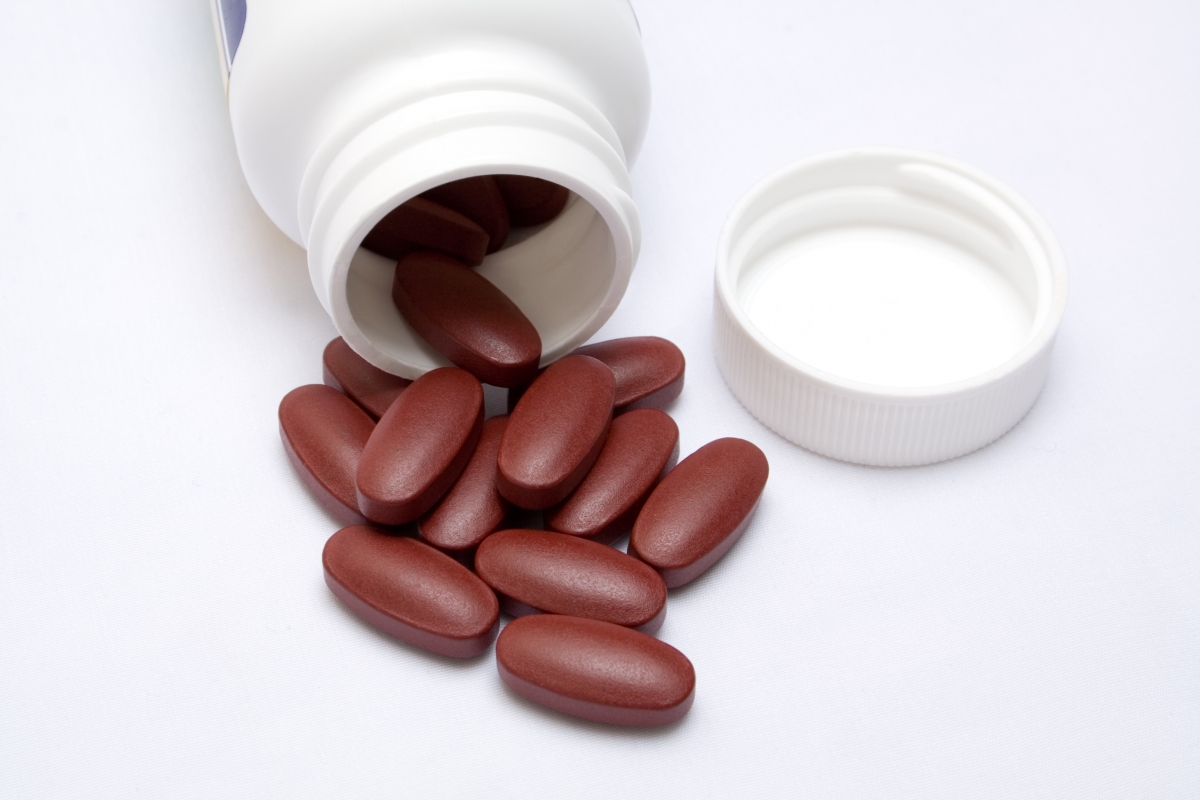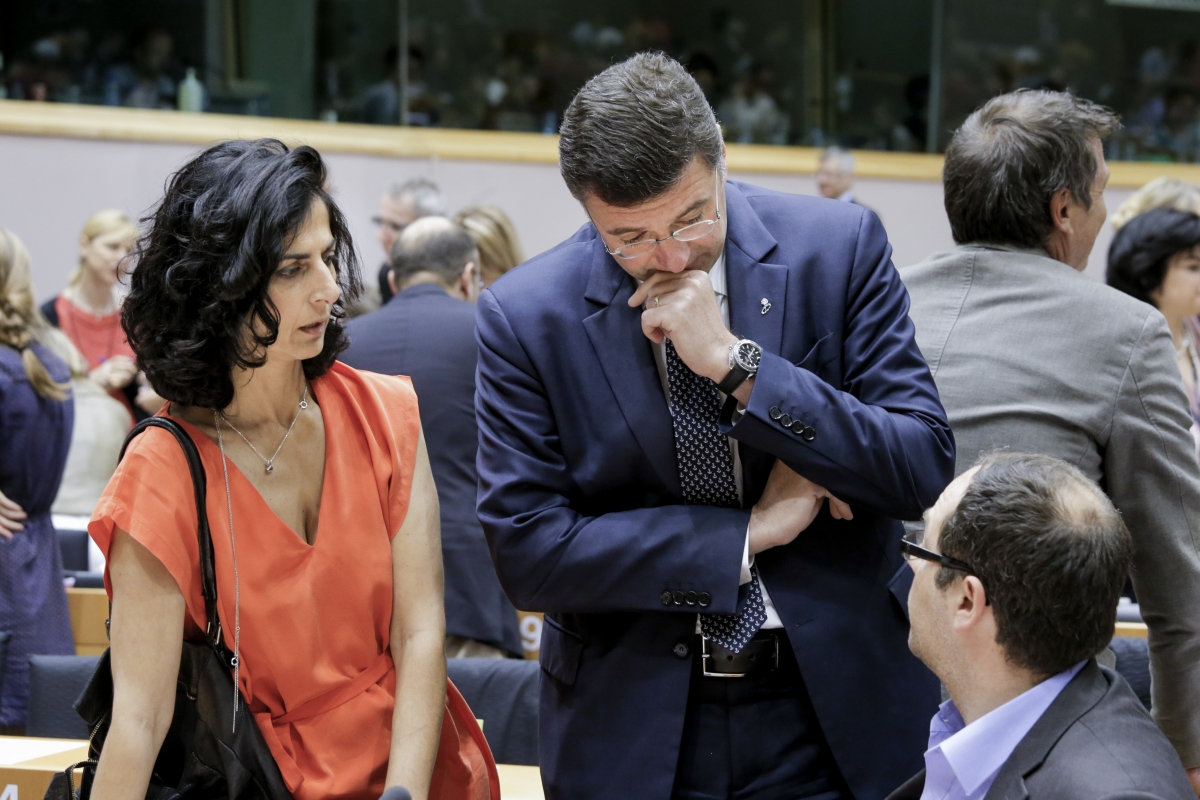 The EAHP EU Monitor is a regular round up of news relevant to hospital pharmacy in Europe.
The EAHP EU Monitor is a regular round up of news relevant to hospital pharmacy in Europe.
You can subscribe to receive the EAHP EU Monitor by email here.
 EAHP: Public Debate Required on the Future of Medicines Pricing in Europe
EAHP: Public Debate Required on the Future of Medicines Pricing in Europe
The European Association of Hospital Pharmacists (EAHP) has publicly highlighted the urgent need to create systems in Europe that will ensure sustainable and equitable access for patients to the medicines they need. EAHP has therefore published a new position paper on the topic of medicines pricing which was voted on and approved by its 34 member country associations.
More information here.
……………………………………………………………………………………………………………………………………………………………………
 European Commission and European Parliament Trade Committee outline positions on TTIP and healthcare
European Commission and European Parliament Trade Committee outline positions on TTIP and healthcare
Debate in Brussels over the potential impacts to European healthcare from a prospective ‘Transatlantic Trade and Investment Partnership’ (TTIP) between the EU and USA has recently been reactivated by a position from the European Parliament’s Trade Committee and an open stakeholder event hosted by the European Commission.
TTIP is a proposed free trade agreement between the European Union and the United States. Proponents say the agreement would result in multilateral economic growth, while critics fear it will make it more difficult for governments to regulate markets such as healthcare for public benefit.
The Commission’s messages of reassurance
On 27th May, the European Commission’s TTIP negotiating team for pharmaceuticals and medical devices hosted a meeting for civil society organisations to explain the current status of negotiations and to take questions.
The Commission considers that TTIP provides significant opportunities for improving cooperation between European and USA regulatory agencies in the area of health. Benefits include enhanced exchange of regulatory information and knowledge, and further regulatory efficiency. This is seen to be particularly the case in terms of increased cooperation between the European Medicines Agency and USA’s counterpart, the Food and Drug Administration (FDA).
However, civil society stakeholder organisations such as the Transatlantic Consumer Dialogue, are concerned that the binding nature of the proposed agreement could constrain European initiatives designed to improve access to medical treatment (e.g. achieving price reductions to medicines). Other groups fear the agreement could permit products from the USA to be marketed in Europe that do not meet European regulatory conditions.
The Commission considered these objections unwarranted and reminded organisations that the aim of TTIP is not to create a new single market as conceptualised in the EU sense, but rather, to eliminate discrimination in the market against foreign companies where possible, and lift unnecessary restrictions on trade. The Commission does not therefore believe that TTIP will threaten the primacy of EU Member State domestic policy-making and legislation in this respect. The Commission also reminded the meeting that TTIP will give large scope for Member States to seek specific exceptions. This, for example, will protect state monopoly provision of healthcare in those European countries that wish to preserve such arrangements. The agreement under discussion will also permit countries to apply tools such as ‘economic needs tests’ to regulate matters such as hospital provision.
Spokespersons from the pharmaceutical industry highlighted the opportunities from TTIP in areas such as: mutual recognition of GMP inspections; common procedures and timings for submitting paediatric plans; and, harmonised lists of clinical trial results.
More information here.
The Commission has also produced a comprehensive Q&A on TTIP here.
The European Parliament’s Trade Committee position
Meanwhile, in the same week, the European Parliament’s Trade Committee (INTA) adopted a non-binding set of recommendations to the European Commission on TTIP. Overall the Committee supported the principle of an EU-USA free trade agreement with an important compromise position agreed between the two major groupings in the Parliament, the centre-right European People’s Party (EPP) and the centre-left Socialists and Democrats (S&D) grouping.
A major area of contention between the groupings had been over the proposed inclusion in TTIP of an Investor-state dispute settlement (ISDS) clause . ISDS is an instrument of public international law that grants an investor the right to use dispute settlement proceedings against a foreign government. Currently, the ISDS system allows investors to take governments to international arbitration tribunals rather than to domestic courts. The European Commission are proposing to reform this into a system that involves the appointment of permanent arbitrators, with similar qualifications to those of national judges, and the introduction of a bilateral appeal system. In parallel, the EU wants to work towards the establishment of a permanent multilateral investment court with tenured judges, who would replace the bilateral mechanism over time.
The S&D group agreed to drop their original rejection of the EU’s ISDS proposal in return for centre-right concessions on legal language changes. The compromise also includes a weakened call for the creation of an international trade court to hear investment dispute cases. The final text says “in the medium term, a public International Investment Court could be the most appropriate means to address investment disputes.”
Some healthcare advocates fear that the proposed changes to current ISDS mechanisms may open a door for corporate lawyers to sue national governments if they introduce new regulations that might, even unintentionally, damage a corporation’s investment, including its expected future profits.
The INTA Committee MEPs have also urged negotiators to safeguard EU safety standards in areas where US regulation is “very different”, such as authorising chemicals, cloning or endocrine-disrupting chemicals. The EU “precautionary” principle must be respected, they insisted.
The Committee also stated: “A TTIP deal should explicitly exempt all existing and future EU rules on personal data protection from any concessions” and also reiterated their wish to exclude public services from the scope of the TTIP (including, but not limited to, water, health, social services, social security systems and education).
The final text of the Committee’s opinion will now go to the full plenary of the entire European Parliament, where all 751 MEPs will vote on the resolution during the next parliamentary session in Strasbourg on 9th June.
The European Parliament will have a final right of veto on the eventual TTIP agreement and therefore its views and opinions on the negotiations are being watched carefully.
More information here.
…………………………………………………………………………………………………………………………………………………………………..
 Further initiatives by EU countries to procure medicines jointly
Further initiatives by EU countries to procure medicines jointly
In two separate developments, Belgium and the Netherlands, and Romania and Bulgaria, have both announced joint procurement initiatives to reduce the cost burden of providing patient access to new medicines.
Belgium and Netherlands cooperate on rare disease medicines procurement
EU news website www.politico.eu reports that Health Ministers Edith Schippers of the Netherlands and Maggie De Block of Belgium have revealed plans for joint procurement at a recent informal meeting of European health ministers in Riga.
The spokesperson for De Block said Belgium had decided to explore the possibilities of breaking with a purely national procurement approach last year after it found it was having to pay a high price for the treatment for a rare kidney disease developed by Alexion – Soliris (eculizumab), which was priced at around €18,000 per month per patient.
So Belgium commenced talks in December on a joint negotiating pilot with the Netherlands, which has a similarly limited number of patients with rare diseases, and reached an agreement which was signed off at Riga by both countries.
Schippers and De Block said they are convinced that joint efforts can lead to valuable results for health ministries and patients: “If we work together, we represent more patients and we can more easily negotiate a lower price without sacrificing quality,” they said.
More information is available via a report by www.politico.eu reporter Peter O’Donnell here.
Romania and Bulgaria begin a ‘pharmaceutical union’ arrangement
In a separate development, Bulgaria’s Health Minister Petar Moskov has announced that Bulgaria and Romania will commence joint procurement of certain pharmaceutical products in order to secure lower prices. He went on to suggest other countries may be invited to join the initiative.
More information here.
……………………………………………………………………………………………………………………………………………………………………….
 World Health Assembly passes fresh antimicrobial resistance resolution
World Health Assembly passes fresh antimicrobial resistance resolution
Meeting in Geneva, the World Health Assembly has passed a new resolution committing all global governments to put in place national action plans on antimicrobial resistance (AMR) by May 2017.
National AMR plans should align with the objectives of the World Health Organisation’s (WHO) global plan that has 5 objectives:
- improve awareness and understanding of antimicrobial resistance;
- strengthen surveillance and research;
- reduce the incidence of infection;
- optimize the use of antimicrobial medicines; and,
- ensure sustainable investment in countering antimicrobial resistance.
More information here.
……………………………………………………………………………………………………………………………………………………………………
 EJHP: Doing the right things and doing things right: inpatient drug surveillance assisted by clinical decision support
EJHP: Doing the right things and doing things right: inpatient drug surveillance assisted by clinical decision support
The online first edition of the European Journal of Hospital Pharmacy (EJHP) has published an original article investigating a hospital-wide drug surveillance strategy consisting of a multidisciplinary evaluation of drug surveillance activities and using clinical decision support to augment drug surveillance practices.
More information here.
























 The EAHP EU Monitor is a regular round up of news relevant to hospital pharmacy in Europe.
The EAHP EU Monitor is a regular round up of news relevant to hospital pharmacy in Europe. EAHP: Public Debate Required on the Future of Medicines Pricing in Europe
EAHP: Public Debate Required on the Future of Medicines Pricing in Europe European Commission and European Parliament Trade Committee outline positions on TTIP and healthcare
European Commission and European Parliament Trade Committee outline positions on TTIP and healthcare Further initiatives by EU countries to procure medicines jointly
Further initiatives by EU countries to procure medicines jointly EJHP: Doing the right things and doing things right: inpatient drug surveillance assisted by clinical decision support
EJHP: Doing the right things and doing things right: inpatient drug surveillance assisted by clinical decision support